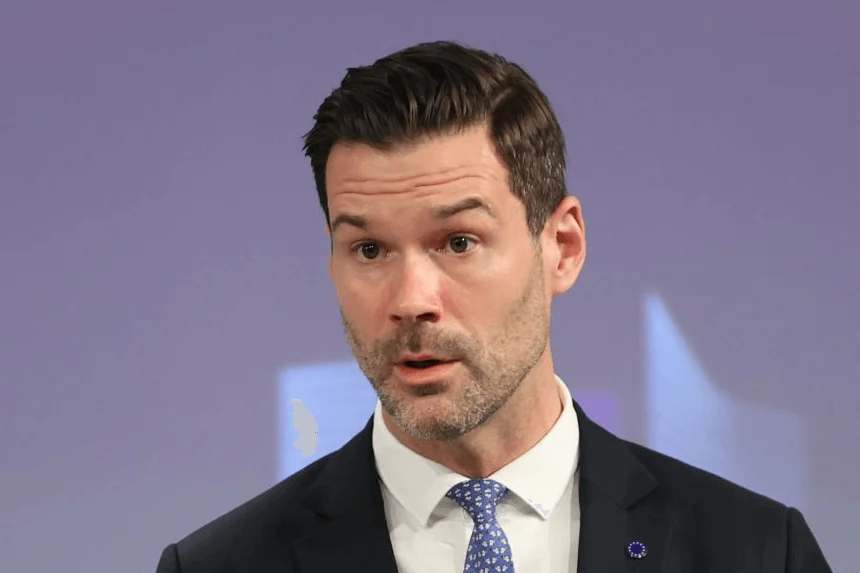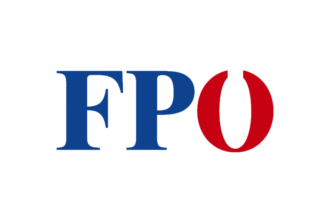Sweden’s Migration Minister, Johan Forssell, revealed his adolescent son’s affiliation with far-right extremist groups, including white nationalist groups. Forssell, a vocal critic of political radicalism in Sweden, expressed his distress upon learning that the anti-racism group Expo had named his son. Forssell said he would not step down, even though there was a lot of criticism. He also stressed that he did not know what his son was doing until recently. Many people are now talking about extremism, parental responsibility, and political accountability because of the minister’s answer.
What did Forssell say in response to the claims?
Forssell made it clear that his top focus was keeping his son safe when he learned of the accusations that his son was involved with neo-Nazi groups. He said his son was not being investigated for any crimes and only used social media. Forssell also said that he and his wife had “long and important conversations” with their son, who has now cut ties with the extremist groups. Forssell stated that the case had concluded and was no longer a security concern. Here is the link to our article on the Prime Minister Under Investigation
What does this case say about radicalization online?
The story of Forssell’s son shows how online radicalization is becoming a bigger problem, especially for young people. Magnus Ranstorp, an expert on terrorism, talked about how extremist groups have gotten better at utilizing social media to find and recruit young people who are easy to manipulate. These groups typically use the physical attractiveness of young This enables people to advance their goals, which in turn enhances their ability to attract new members. Forssell’s son was said to be a member of the neo-Nazi Nordic Resistance Movement (NMR) and two other extreme groups that recruited new members and promoted their ideas online.
Has Forssell done a good job of handling the situation?
Prime Minister Ulf Kristersson has said he trusts Forssell to handle the problem well, even though there is a lot of disagreement about it. Kristersson said that Forssell was a good parent since he dealt with the problem quietly and made sure his son felt bad about it. But the event has made people question how Sweden is dealing with extremism, especially since Forssell was a public person who spoke out against it.
Opposition parties, especially the Left Party, have attacked Forssell and the government, saying that they are not doing enough to stop radicalism. They also questioned why the government was working with the Sweden Democrats, an anti-immigration party that was accused of having Nazi tendencies in its early years. Here is the link to our article on the Prime Minister Threatens
Final Thoughts: What will Sweden do next to fight extremism?
The fact that Forssell’s son had ties to extremists shows how challenging it is for Sweden to cope with radicalization, especially among young people. As the discussion over extremism goes on, the Swedish government needs to rethink how it stops hate groups from spreading, especially online. The story of Forssell reminds us that fighting the causes of extremism needs action from both the government and society, such as controlling online areas and making sure that young people aren’t drawn to hazardous ideas.








